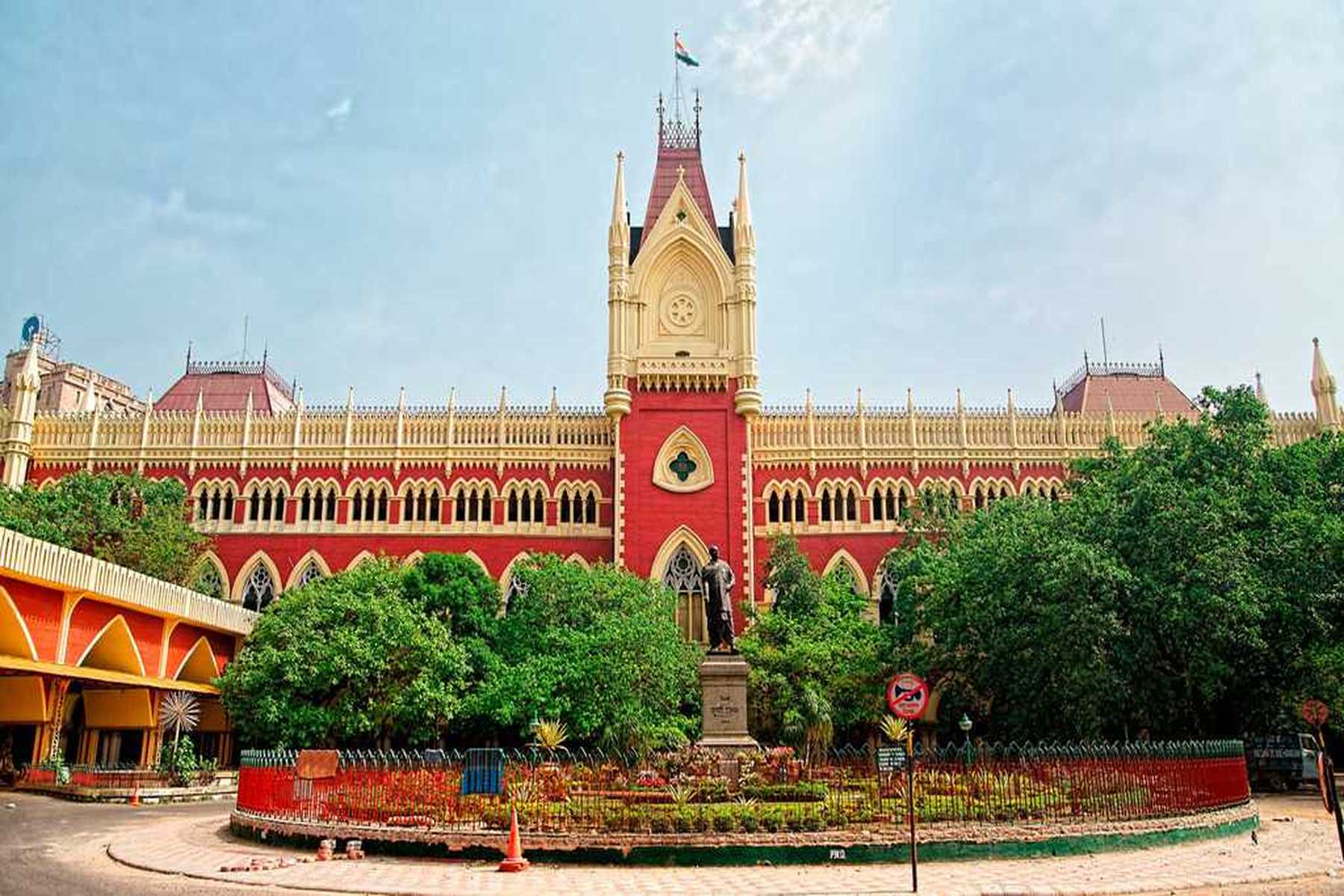No Criminal Appeal Would Be Defective In Absence Of Impleadment Of Child/Women Victim: Calcutta High Court

The Calcutta High Court ruled that victim is not a necessary party to a Criminal Appeal from conviction for offences against woman or child, punishable under provisions of the I.P.C. or POCSO Act or any other penal provision which will apply in relation to offences affecting human body against any “woman” and/or “child”, both those expressions being understood in the context of the respective legislation which deals with such offences.
“No such appeal would be defective in the absence of impleadment of the victim. The procedure to be adopted in all such appeals would be to deal with those appeals without insisting on the impleadment of the victim”, Division Bench comprising Chief Justice Thottathil B. Radhakrishnan & Justice Aniruddha Roy remarked.
In cases where, over and above the assistance of the Public Prosecutor representing the State, the appellate court deems it necessary to provide further assistance to secure the interest of the victim through legal aid, the HCLSC or the DLSA concerned may be required to provide assistance through an empanelled or other advocate as may be decided by the HCLSC or the DLSA concerned.
However, even in such cases, it shall be insisted by the Court that the principles relating to protection of dignity and privacy and modality of ensuring those values, as delineated above, are scrupulously adhered to.
A victim filing an appeal in terms of the proviso to Section 372 of Cr.P.C. can seek legal services in terms of Section 13 of the LSA Act if that victim is a woman or a child or for any other reason entitled to legal services having regard to the contents of Section 12 of the LSA Act.
It is among the directions in Nipun Saxena vs Union of India, that in case a victim of offences of the types in these cases, files an appeal under Section 372 of Cr.P.C., and the proviso thereto it is not necessary for the victim to disclose his/her identity and the appeal shall dealt with in the manner laid down by law.
The legal rights, eligibility and interest of a victim, in the course of an appeal against conviction, would stand satisfied if the State carries out diligently and vigilantly its role in criminal cases and the Public Prosecutors discharging their duties and responsibilities due from them in terms of the provisions of Cr.P.C and other governing laws. The eligibility of a victim even in cases where a component of compensation is ordered by the convicting Court under Section 357 of Cr.P.C., ought to be protected by the State and Public Prosecutor.
In so far as victims of sexual offences falling either under Indian Penal Code or POCSO Act are concerned, they would be entitled to have their cause defended in appeals arising from judgements of the Criminal Courts resulting in the conviction and resultant sentencing of the wrongdoer/ accused person.
While it is definitely the duty of the State and the Public Prosecutor to comprehensively deal with all aspects of a criminal appeal against conviction; in particular cases, on the basis of situation and need, the Legal Services Authority concerned can also represent and protect the interest of the victim even without the impleadment of the victim in the array of parties, thereby synchronizing the opportunity to contest and the need to preserve the privacy. The right to be extended such legal services as may be required for such purpose ought to necessarily flow through the Legal Services Authorities constituted under the LSA Act.
The Court thus clarified that it would suffice that the cause-title of such an appeal would show that the appellant is the victim in the criminal case identified by its number, the court below and/or the police station. This will insulate the victim from being subjected to disclosure of the identity of that person.
Case Title: CRA 228 of 2020 In the matter of : GANESH DAS and CRA 21 of 2021 In the matter of : RABIUL SK
